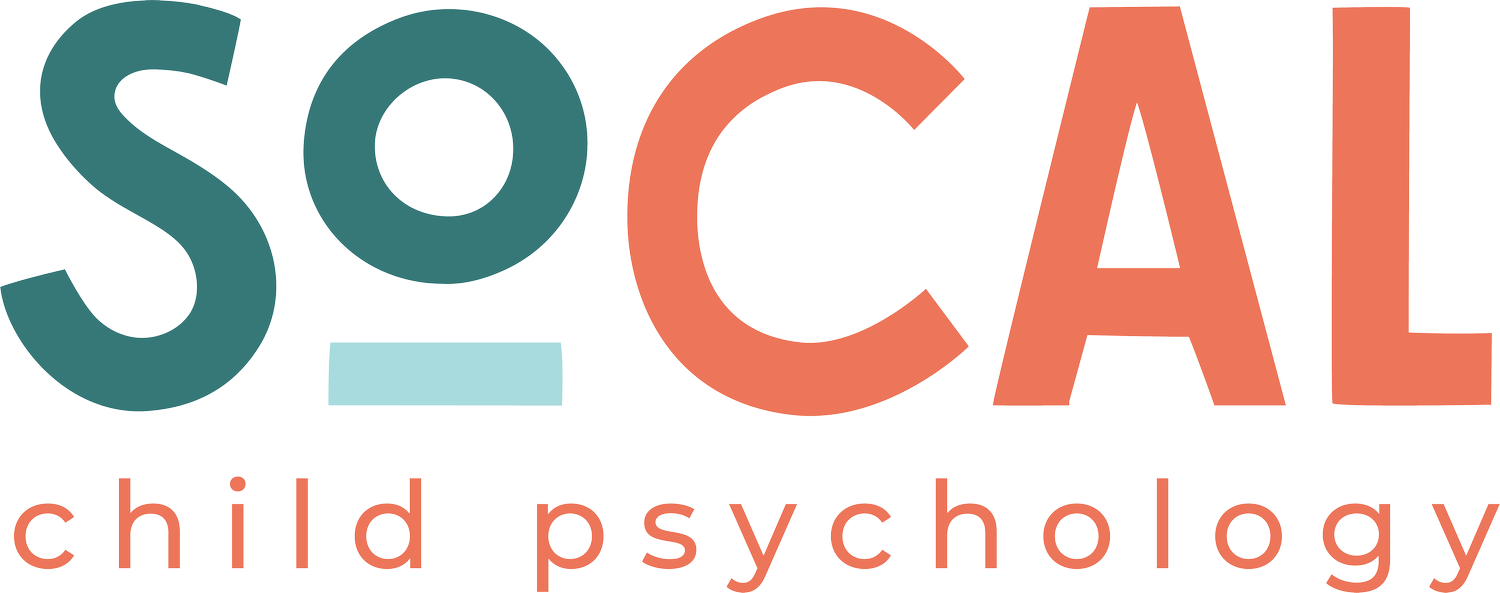Telling Other Family Members About Your Child’s ADHD
Getting together with family can be fun, but it can also be stressful if you have an ADHD child
You might worry that your relatives won't understand your child's condition or how to support him. Here are some steps you can take to help everyone understand and support your child's ADHD:
Be prepared in case relatives don't understand ADHD.
If you're telling other family members about your child's ADHD, be prepared for some initial confusion and questions. They may be surprised to learn that your child has ADHD and also not be sure what exactly that means. They may feel like there's something they could have done differently — whether it's taking a different approach to parenting or spending more time with their child or working harder at schoolwork.
Whatever the case, having open communication around your child's ADHD can be extremely important and helpful for supporting them. Explain that ADHD is not caused by bad parenting and that it isn't something your kid chose. Explain that ADHD is a lifelong condition for which treatment will help him manage their symptoms better in the long run.
Explain ADHD to your relatives
Explain to your relatives that ADHD is a medical condition. Many people view ADHD as a character flaw or personality trait, but it's actually a neurodevelopmental disorder. Explain that this means it's not something you can choose to stop doing or change on your own; it's something that requires treatment and medication in order to be managed effectively.
You may also want to explain that having ADHD doesn't mean your child isn't smart or capable—it just makes them have different strengths and weaknesses than other people, some of which are harder for them than others.
Talk about how you're managing your child's ADHD
Talk about the diagnosis process. If your child has been diagnosed with ADHD, you can explain how it happened. If he or she was diagnosed in childhood, share how that felt for everyone involved. If a different family member has also been diagnosed, talk about your experiences and feelings as a parent of a child with ADHD.
Talk about treatment options. There are many different treatments for children who have ADHD, but not all of them work for every child or family situation. For example:
Some medications help people focus their attention on tasks at hand by balancing chemicals in their brains; others give them more energy so they don't feel like they're dragging all day long (and thus get bored easily). These are often used together with behavioral therapy to help manage symptoms over time—but only if they're effective!
Some kids benefit from working with tutors or therapists one-on-one; others prefer group sessions where they learn alongside other kids who struggle similarly. A combination approach is most successful when possible because each person learns differently based on personality traits combined with environmental factors such as noise level at home versus school environment etc., so what works well on paper might not always translate into real life scenarios after all factors are considered."
Be open to questions
When you tell your extended family about your child's ADHD, be prepared for questions. Your family might want to know how much medication he takes and whether there are any side effects. Your family may want to know what impact this has had on his schoolwork or social life. The answers you give should be honest and straightforward.
If family members ask you why they weren't informed earlier, explain that it was important to get a diagnosis before sharing the news with other people (like teachers or coaches). You could also say that it wasn't something you wanted to broadcast widely until now because of stigma associated with the condition—but now that everyone knows about this diagnosis and what it entails, making sure everyone is aware of it will help in the long run by reducing stress levels among those who aren't familiar with ADHD symptoms."
Be open--and ready--to answer questions from other family members once they have learned about your child's condition.
Conclusion
I hope you feel able to take the first step in telling your relatives about your child’s ADHD. Remember, it can be a tough conversation to have, especially if you aren’t sure how they will react. But remember that they love your child as much as you do, and they want what is best for them.

